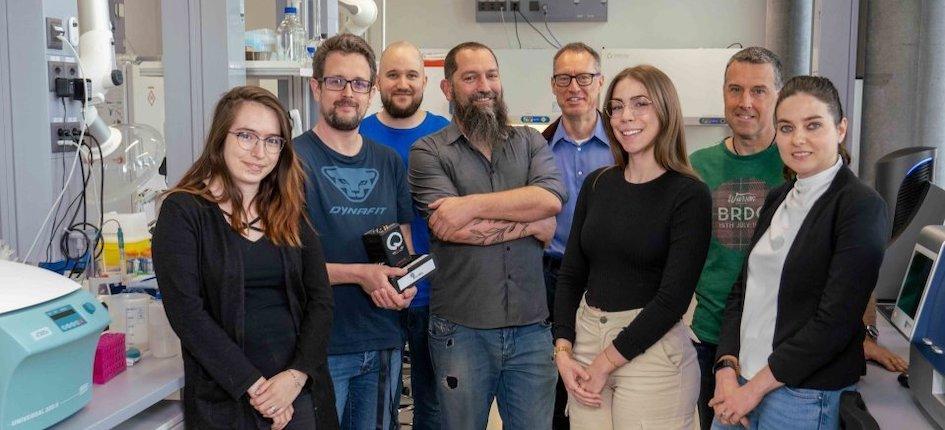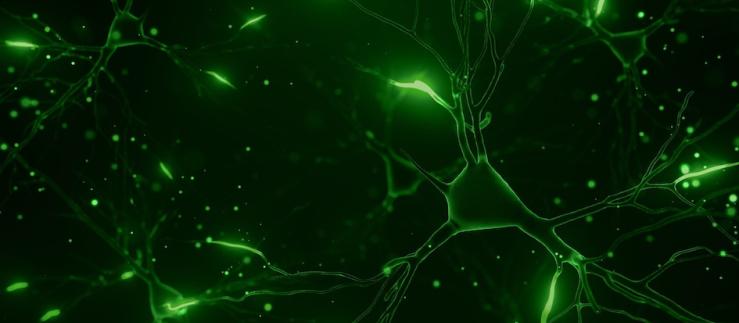Axe Santé is an interdisciplinary center and an amalgamation of all the research institutes of the HES-SO Valais-Wallis, forming an innovative hub dedicated to advancing healthcare practices. Through fostering collaboration and nurturing cutting-edge research, Axe Santé’s mission is to address complex health challenges by developing practical and impactful solutions that improve patient outcomes, streamline healthcare delivery, and ultimately shape the future of medical care.
Harnessing its unique confluence of expertise and resources, Axe Santé is zeroing in on an under-addressed yet critical area of healthcare — the detection and management of mild traumatic brain injuries (TBI), which remains a significant medical challenge. Traditional methods such as answering basic questions or conducting CT scans can be costly and time-consuming, and they may not always provide an accurate diagnosis. Mild TBIs, often suffered by athletes and overlooked due to limitations in medical history or lack of awareness, can have severe long-term implications.
The initiative spearheaded by Axe Santé aims to revolutionize the diagnosis process by measuring three biomarkers in the blood, which are released into the bloodstream due to brain micro-lesions following trauma. The objective is to design a compact, portable device capable of detecting these biomarkers, which would indicate if a person has suffered a mild TBI. This immediate, less invasive measure would allow first responders, including sports coaches, school nurses, paramedics, emergency doctors, and patrol officers, to detect potential head injuries rapidly and take appropriate measures. This solution is especially crucial for everyday mishaps occurring during sporting events or children’s playtime, where even minor impacts can have serious long-term consequences.
Revolutionizing traumatic brain injury detection
This project is backed by a national BRIDGE initiative and led by Professor Marc E. Pfeifer at the Haute Ecole d’Ingénierie. The initial project phase involved validating the chosen approach, which revealed limitations in existing systems and highlighted the need for superior performance levels. Determined to overcome these hurdles, Denis Prim and his team, in collaboration with specialists from the Institute of Systems Engineering, embarked on developing a novel measuring instrument. This comprehensive device incorporates optical, mechanical, and electronic modules, as well as custom software.
Through support from the Health Axis and a substantial Innosuisse project, the team can collaborate with partners such as hospitals, doctors, and accident insurers to decentralize the diagnosis process and ensure quality patient care.







